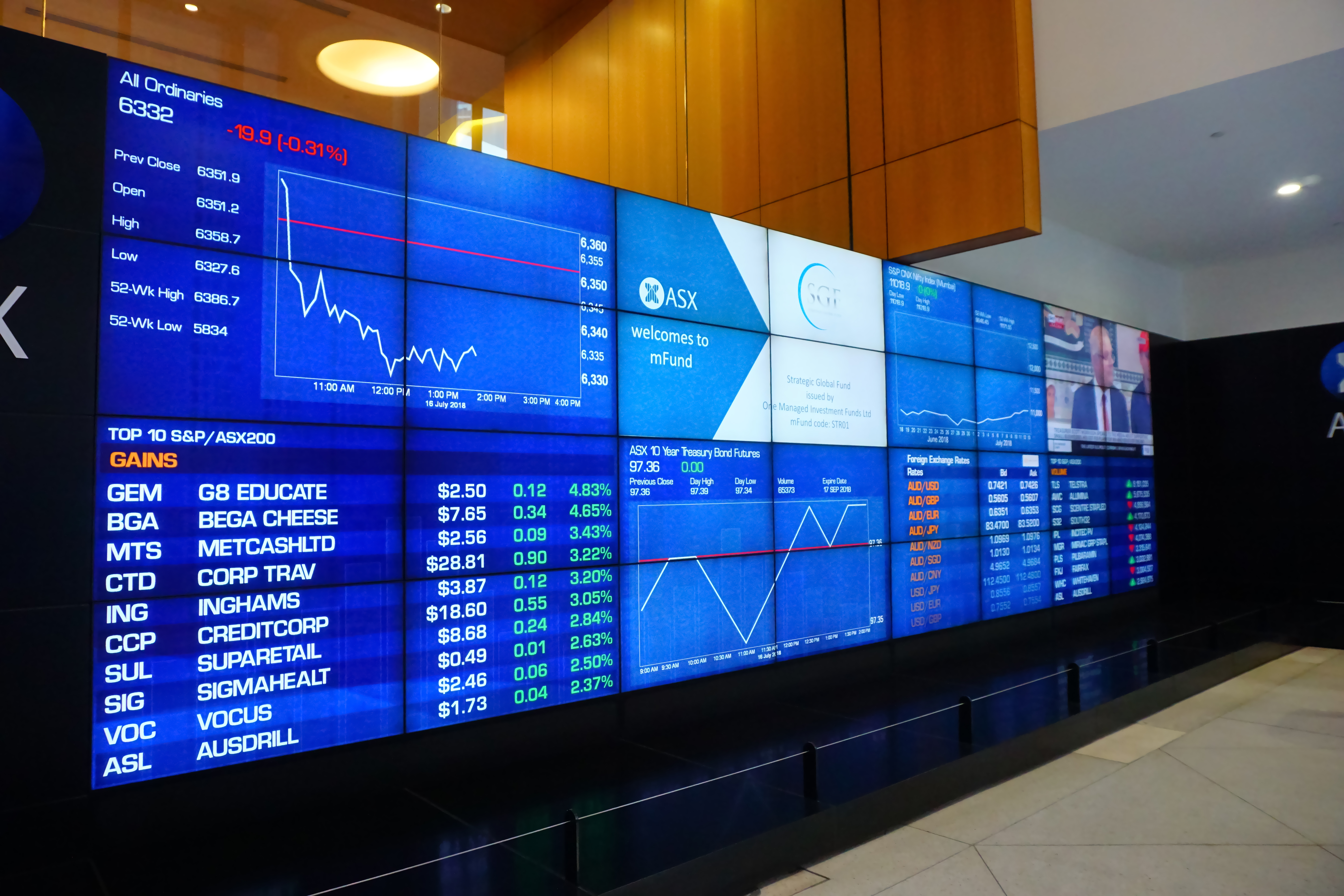This ASX fundie is on a forward PE of 11 with a monster 11-12% dividend yield, says Macquarie
Bargain hunters wanting monster dividends could nibble on an ASX equities manager that Macquarie reckons boasts a jaw-dropping forward yield near 12% and cheap valuation.
This is no penny stock rollercoaster either, it's actually a blue-chip asset manager, and if you trouser a stock on this kind of yield, you don't need much capital growth to earn big returns.

The business is Florida-headquartered, but ASX-listed asset manager GQG Partners (ASX: GQG).
Shares tumbled 9.6% last Friday, after it shocked the market by revealing it wore net outflows of $US1.4 billion in July, including $US1 billion attributable to a single institutional client.
As at July 31 GQG had $US166.6 billion in funds under management (FUM), versus $US172.4 billion as at June 30.
The difference between the net outflows and July's total FUM fall is negative market movements as the group said its defensive positioning extended some underperformance versus global indices over 2025.
11.4% yield based on FY 2026's forecasts
Macquarie reckons it will pay dividends per share of 15.5 cents on adjusted earnings of 16.7 cents in financial 2026, to put the stock on a yield of 11.4% based on Monday's price of $1.77 per share.
This does look tempting and fortunately fund managers are simple beasts to understand when it comes to what drives profits and dividends.
The first point to note is that if global shares stay strong through 2026 it'll be a tailwind for GQG Partners, although if shares fall this stock might be a money-losing bet today.
That key risk is largely in the hands of the gods, but the other is GQG's own investment performance and what its clients decide about it.
From the penthouse to the doghouse
Fund managers can easily go from the penthouse to the doghouse with investors.
As we've seen with the likes of Magellan Financial (ASX: MFG), Platinum Asset Management (ASX: PTM), Perpetual (ASX: PPT) and Pendal Group (ASX: PDL) buying the dip can be a capital killing strategy in this space.
And this also likely explains why GQG Partners trades on a cheap valuation, as jumpy investors want a big margin of safety in case its run of underperformance and net outflows extends.
Cheap or dividend trap?
The key for anyone likely to be tempted by a dividend yield between 10% and 12% is to work out whether July's outflows are a sign of more trouble, or just part of the usual short-term cycles at asset managers.
I've worked at a mid-sized equities and bond manager myself and it's interesting how advisers and institutions tend to move in herds in deciding whether to redeem funds, even if it makes little sense.
Sometimes redemptions can be justified, for example if a chief investment officer and co-founder disappears on a European summer jaunt for months while performance bombs.
Or more commonly, due to outflows materialising due to an extended period of investment underperformance, which means it is hard for large pension funds or advisers to justify to themselves that they should keep the money with a manager.
At other times, investors pull money as part of run of the mill asset allocation shifts that can affect any fund manager, any time.
Most large asset allocators such as pension funds will instinctively look to a five-year performance track record to decide whether a fund manager is a good investor through cycles before they hand over funds.
However, once invested it may only take a year or two of underperformance for cold feet to set in.
GQG Partners flagship GQG Partners Global Equity Fund has returned 14.16% net of fees over the past five years net of fees, versus 14.74% for its global equity benchmark. Its latest Global Value Fund only has a 1-year track record and is small, but is significantly behind its benchmark.
As such you could conclude GQG's middling performance isn't a problem as yet, but if it extends or worsens it would be a fair bet that it'll be tough for it to keep client money.
On the other hand, if investment performance improves the inflows and good times could roll to mean the stock is likely very cheap.
Verdict
So I'm on the fence about this one, although my inclination is to think the odds are in your favour that you could make good money here and the huge dividends sure are a pull.
Macquarie certainly thinks so and values the stock at $2.60, versus the $1.77 it fetched on Monday afternoon.
That monster yield is also likely to be within reach, assuming markets and GQG don't take a turn for the worse.
By way of more background, the general direction of the group's FUM growth is still positive, with net inflows totalling $US6.7 billion in 2025 and total FUM still roughly doubling in three years from the $US86.7 billion it boasted as at June 30, 2022.
In part, this is because it has offered competitive fees as an active manager and had a reputation for strong performance when it listed towards the top of 2021's bull market in October of that year.
This shows that the medium-term growth trajectory of GQG Partners has been strong and based largely on decent investment performance supported by a near three-year bull market in global equities since towards the end of 2022.
5 topics
5 stocks mentioned
.jpg)
.jpg)